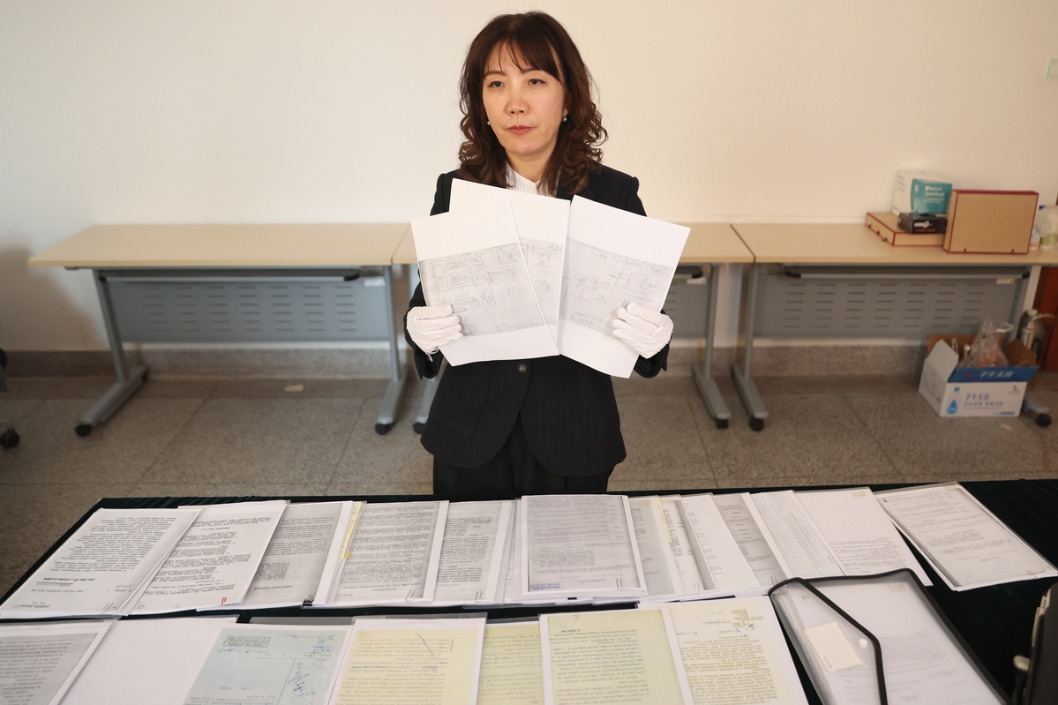Strong public health response key to containing virus


Two important Sino-US programs
In my time as US CDC director, we and the Chinese CDC identified two joint priorities: increasing the number of top-level Chinese epidemiologists completing a rigorous training program from 15 to 80 per year, and addressing the heavy burden of heart attacks and strokes through a sodium reduction program.
The Chinese CDC's two-year China Epidemiology Training Program prepares public health staff to better find and respond to health emergencies — including epidemics — and serve as future public health leaders. Increasing the number of trainees to 80 in each year's class would have made the Chinese program the same size as the US Epidemic Intelligence Service, the US CDC's flagship training program. After increasing to 30 new trainees a year, progress stalled, preventing China from benefiting from a larger group of trained public health professionals who could help identify and respond to health threats.
Reducing salt intake prevents hypertension, heart attacks, and strokes. The sodium reduction initiative in Shandong province, started in 2011, has been the largest comprehensive salt reduction project in China. With strong support from the Chinese CDC and the Shandong government, and with collaboration from the salt industry, sodium consumption was reduced and hypertension prevalence dropped within five years. Unfortunately, complications on data policies have prevented this information from being published internationally in ways that could expand this progress to other areas in China and globally.
In my current position with Vital Strategies, we are honored to be registered as an International NGO in Shandong and to partner with groups in many parts of China on prevention of cardiovascular disease. Non-communicable disease now accounts for 9 out of 10 deaths in China, with nearly half of those caused by cardiovascular disease. High blood pressure is the world's leading modifiable risk factor for preventable mortality; less than 1 in 6 people with hypertension in China and worldwide have it under control. China's rate of strokes is many times higher than the US rate; strokes can be prevented by control of blood pressure.
Strength in collectivity
My team and I have been following the progress of the response to the novel coronavirus epidemic closely and working to support our Chinese partners. I'm impressed that China has taken extensive measures to control the virus, and this appears to have slowed its spread. Reports that this effort is negatively affecting the health system's ability to provide standard healthcare are concerning. For comparison, during the 2014-16 Ebola outbreak in Africa, more people died from interruptions in day-to-day health services than from Ebola itself.
SARS, Ebola, and now the novel coronavirus show that we don't have the luxury of time. We need systems in place in advance to quickly find and aggressively fight disease. Our biggest vulnerability is transmission in countries with weak health systems. It is encouraging that China has joined the global effort to support lower-income countries in Africa and Asia so that public health systems in those countries can find, stop, and prevent epidemics.
One thing is clear: China and the world will be safer as we collectively learn more about how this coronavirus spreads and the effectiveness of different control measures in healthcare facilities and in the community. We are all connected in the fight against a common enemy: dangerous microbes. When any country strengthens its public health system's capacity to find, stop, and prevent health threats, it protects families and communities, contributes to health and economic progress of that country and makes the world healthier and more productive.
The author, former director of the US Centers for Disease Control and Prevention, and commissioner of the New York City Health Department, is currently president and CEO of Resolve to Save Lives, a global non-profit initiative of Vital Strategies, working with countries to make the world safer from epidemics. The views don't necessarily represent those of China Daily.


































